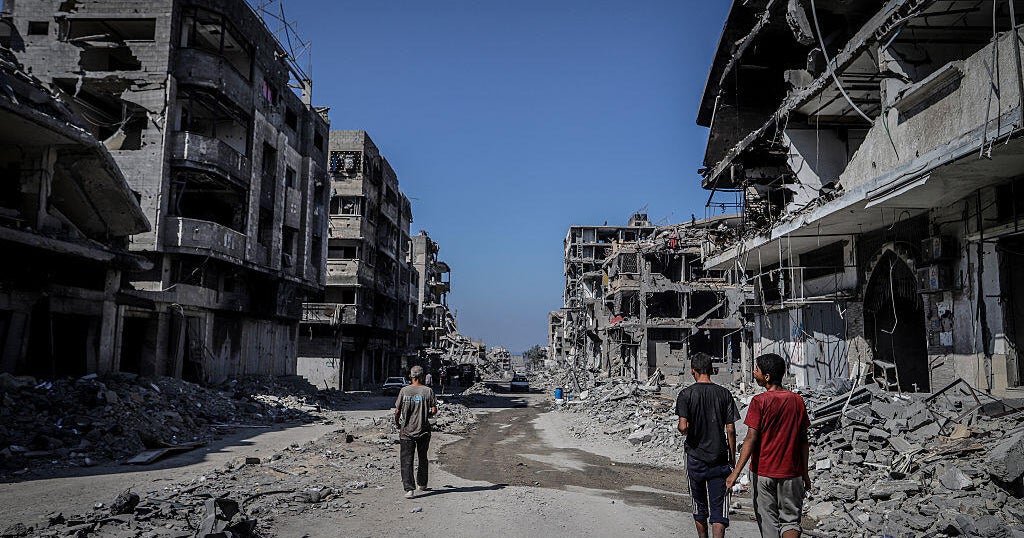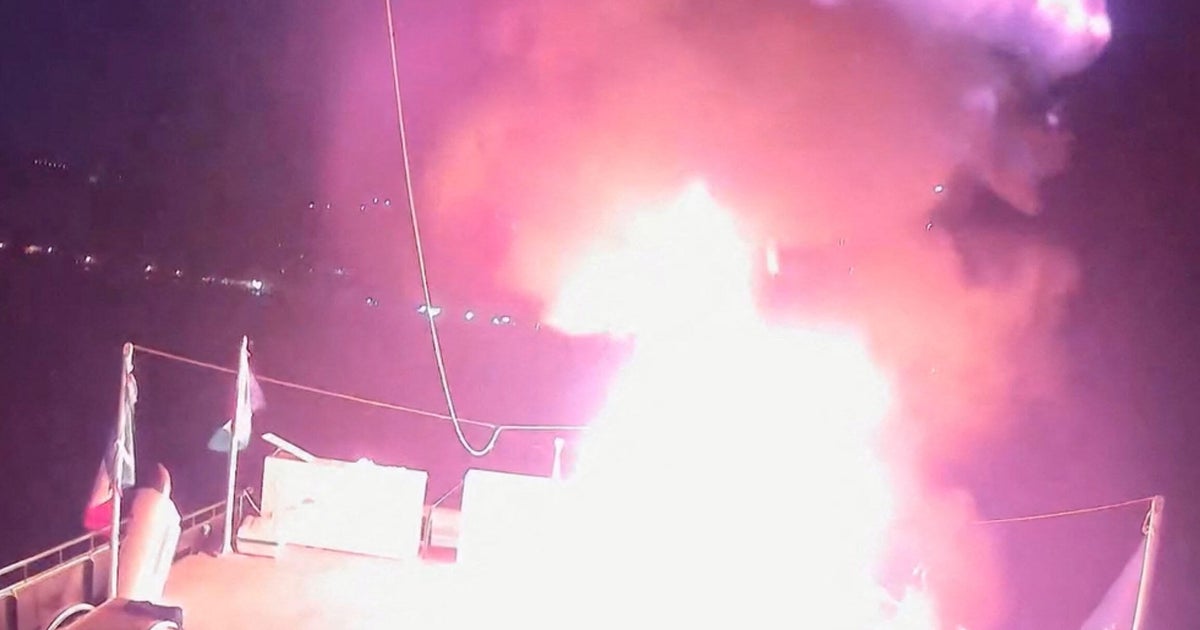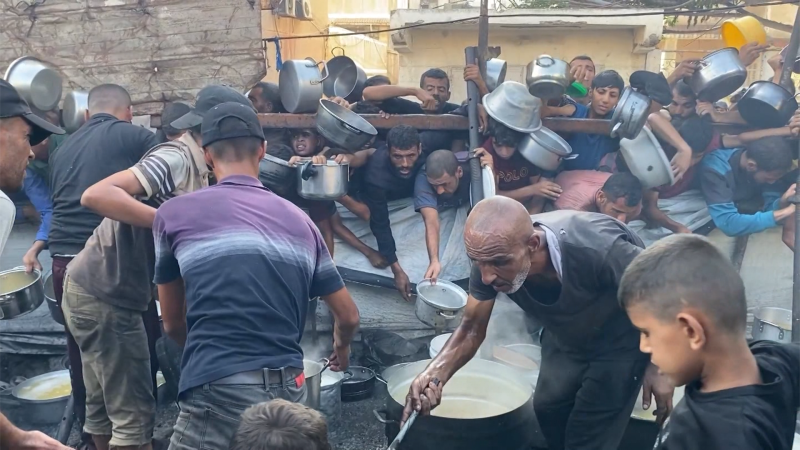ICJ Rules Israel Must Allow UNRWA Aid Access in Gaza
Introduction to the Ruling
The International Court of Justice (ICJ) has issued a significant ruling, stating that Israel must allow the UN Relief and Works Agency for Palestine Refugees (UNRWA) to provide humanitarian aid in Gaza. This decision comes at a critical time, as a U.S.-brokered ceasefire has been in place since October 10, highlighting the need for uninterrupted aid delivery.
Key Details of the Decision
The ICJ emphasized that Israel, as an occupying power, has a legal obligation under international law to facilitate UN relief schemes. The court noted that there is no evidence supporting Israel's claims that UNRWA is compromised by terrorism, thereby justifying its ban. Despite this, Israel's Foreign Ministry has rejected the ruling, labeling it as predictable and politically motivated.
Impact and Implications
The ruling underscores the importance of humanitarian access in Gaza, where the population remains inadequately supplied. While the ICJ's decision is non-binding, it presses Israel to reconsider its stance on UNRWA's operations, potentially easing the humanitarian crisis in Gaza.
About the Organizations Mentioned
International Court of Justice
The **International Court of Justice (ICJ)** is the principal judicial organ of the United Nations, established in 1945 under the UN Charter and beginning its work in 1946. Located in The Hague, Netherlands, the ICJ settles legal disputes between states and provides advisory opinions on legal questions referred to it by UN organs and specialized agencies. It is the only international court with general jurisdiction to adjudicate disputes between countries, making its rulings a primary source of international law[1][2][5]. The Court comprises **15 independent judges** elected for nine-year terms by the UN General Assembly and Security Council. Judges represent a global regional balance and do not act as representatives of their own states. States party to a case may appoint an ad hoc judge for that specific case, who holds the same powers as permanent judges during proceedings[2][4]. The ICJ's jurisdiction is twofold: *contentious jurisdiction*, where it resolves disputes between consenting states regarding international law issues, and *advisory jurisdiction*, where it issues legal opinions on questions posed by UN bodies or specialized agencies[1][3]. Only states may be parties in contentious cases, and jurisdiction depends on their consent, often via treaties or declarations accepting the Court’s authority[3][5]. Since its inception, the ICJ has handled over 160 cases, including significant disputes concerning territorial sovereignty, maritime boundaries, and treaty interpretations. Notable advisory opinions have influenced international legal norms and UN policy, such as opinions on decolonization and use of force. While ICJ rulings are binding on parties involved, enforcement relies on UN mechanisms and political will, as the Court lacks direct enforcement power[2][5]. For business and technology sectors, the ICJ’s role in clarifying international legal frameworks impacts cross-border disputes, sovereignty issues affecting global trade, and the development of international law that underpins regulatory environments. Its influence helps stabilize legal expectations among states, fostering a predictable global environment critical for international business and
UN Relief and Works Agency for Palestine Refugees
## UN Relief and Works Agency for Palestine Refugees (UNRWA) Summary The **United Nations Relief and Works Agency for Palestine Refugees in the Near East (UNRWA)** is a pivotal UN agency established in 1949 to provide humanitarian assistance and protection to Palestinian refugees. Its mandate includes supporting those who fled or were expelled during the 1948 Palestine war and their descendants, totaling over 5.6 million registered refugees as of 2019[1][2]. ### History and Mandate UNRWA was created by the UN General Assembly to address the displacement caused by the 1948 conflict. Initially, it also supported Jewish and Arab refugees within Israel, but this responsibility was transferred to the Israeli government in 1952. UNRWA's mandate is renewed every three years, with the latest extension until June 2026[1][2]. ### Services and Operations UNRWA operates in **Jordan, Lebanon, Syria, the Gaza Strip, and the West Bank**, including East Jerusalem. It provides essential services such as **education, healthcare, relief, and social services**. The agency employs over 30,000 people, predominantly Palestinian refugees, to deliver these services[1][2]. ### Key Achievements - **Education and Healthcare**: UNRWA has been instrumental in providing quality education and healthcare to Palestinian refugees, contributing significantly to their human development. - **Emergency Assistance**: The agency offers critical emergency assistance during conflicts, ensuring refugees have access to basic necessities. ### Current Status UNRWA faces significant challenges, including **financial constraints** due to voluntary funding and **rising poverty and unemployment** among refugees. Despite these challenges, it continues to play a vital role in supporting Palestinian refugees[2][3]. ### Notable Aspects - **Funding**: UNRWA is almost entirely funded by voluntary contributions from UN member states, with some support from the UN's regular budget[3]. - **Unique Role**: It is the
Israel Foreign Ministry
## Overview The Israel Foreign Ministry—officially the Israeli Ministry of Foreign Affairs (MFA)—is the government body responsible for implementing Israel’s foreign policy and promoting economic, cultural, and scientific relations with other countries[1]. Headquartered in Jerusalem, the ministry represents Israel’s interests abroad, manages diplomatic missions, and coordinates international engagement across a wide range of sectors[1][5]. ## Functions and Structure The MFA formulates, executes, and presents Israel’s foreign policy to the world, maintaining diplomatic relations with 159 countries through a network of 77 embassies, 19 consulates-general, and five special missions to international organizations like the United Nations and the European Union[6]. Its activities are not limited to traditional diplomacy; the ministry also plays a key role in fostering international business partnerships, technological collaboration, and cultural exchanges—areas increasingly relevant to global business and tech audiences[1]. ## History Established in the months leading up to Israel’s independence in 1948, the ministry was initially based in Tel Aviv before moving to Jerusalem[1]. Early leaders like Moshe Sharett set the foundation for Israel’s global outreach. Over the decades, the MFA has navigated complex geopolitical challenges, including periods of strained relations with neighboring and distant states, such as the severance of ties with Venezuela and Bolivia in 2009[6]. The ministry’s history reflects both the aspirations and the practical realities of a small state operating in a volatile region. ## Key Achievements The MFA has been instrumental in securing Israel’s international standing, negotiating peace agreements (notably with Egypt and Jordan), and expanding global trade and tech partnerships. Its diplomatic corps has played a critical role in crisis management, public diplomacy, and advocating for Israel in multilateral forums. The ministry’s iconic building in Jerusalem, awarded for architectural excellence, symbolizes its modern, outward-facing approach[6]. ## Current Status and Challenges Today, the M


















